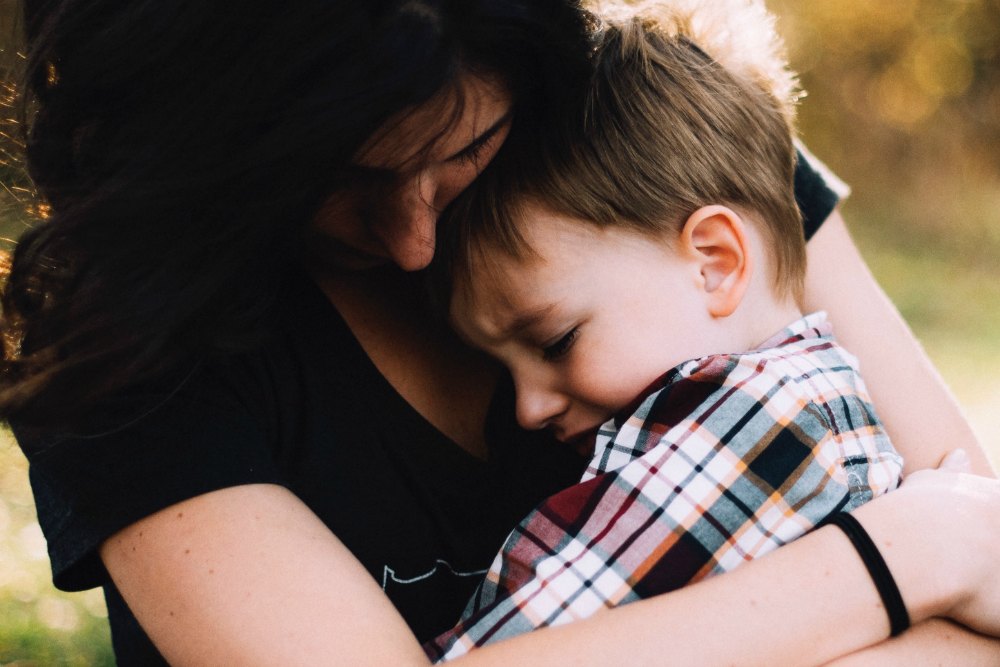Imagine this: You are five years old and you want to draw a tiny alien. Your brother is sitting next to you and he is drawing a lorry.
You are not sure if your picture will be as good as his.
Suddenly your confidence in your ability to draw a good picture of an alien disappears. You ask Mummy to draw it for you. But Mummy starts to draw an alien of normal size. Instantly you feel disappointed because the alien is nowhere near small enough. You also feel upset and these feelings come out in anger and frustration.
‘No Mummy’, you shout, ‘I want it tiny.’
Mummy starts to draw another alien, this time much smaller, but it is still not small enough. This is a huge problem, Mummy does not understand how to draw a tiny alien and your brother has nearly finished drawing his lorry. You realise that he is going to have a brilliant picture. You feel envious, you know he will get a lot of praise for it: ‘Ooh what a lovely picture of a lorry, what big wheels it has, how carefully you have drawn the driver’ etc.
Suddenly you feel overwhelmed with big feelings, you snatch the picture of the not tiny enough alien from Mummy, tear it up and begin to cry uncontrollably.
This of course is perfectly normal behaviour for young children. They often have big feelings and can become upset at seemingly unimportant things.
It can be hard as a parent to know how to deal with this sort of situation, but one of the most important and powerful things we can do is simply to acknowledge our child’s feelings.
Let’s take a quick look at this from an adult perspective.
Let’s say you had a really busy time at work and are feeling pretty tired as you walk in the door at the end of a very long day. Your partner was going to be home before you, and as he is busy too and it’s Friday, you had agreed that he would pick up a takeaway on his way home, and have the kids all sorted and the food ready for when you get in.
As you walk from your car you are looking forward to stepping into the house. Everywhere will be tidy, the plates will be on the table, the children will be playing happily together, the food ready to be served. It’s the start of a blissful evening with your adored family.
But wait…
The reality is a million miles from what you have imagined. The kids are fighting, the house is a mess and there is no food, no take away, no nothing. Your partner is just coming off the phone, he’s sorry, something came up at work and he had to call a client, he has not had time to tidy up or ‘sort’ the kids and guess what…. Yep, he clean forgot to pick up that takeaway!
Well, I’m guessing I don’t have to describe what happens next but let’s say it involves you, some toys and a pram!
Maybe your partner can see straight away that you are feeling tired, stressed, upset, frustrated and disappointed, to name but a few of the emotions swirling around inside you. Maybe he will take your angry reaction on the chin and listen to your complaints without taking it personally. After a few minutes of listening to you rant and agreeing how difficult it must be to come home to all this chaos, he will pour you a glass of wine, shut the sitting room door on the bickering children, and just give you a big hug.
Maybe.
How would that make you feel?
When we are upset about something we need to know that those around us understand our upset, we don’t need to feel judged and we don’t need a battle. Children may sometimes seem to make a very big deal out of small things, but it’s not just the kids that do that, it’s us adults too. We can’t help our feelings, but sometimes the way we show them is not helpful.
I always remind parents who are concerned at their child’s ‘big’ feelings that children mature at different rates. Emotional maturity can take a while to develop, and learning to deal with life’s ups and downs, and bounce back after disappointment, or respond to adversity in helpful ways takes time.
Be patient with your child, and be kind to yourself.
About the Author: Jane Rogers
 Jane Rogers is an experienced and qualified Parenting Practitioner, and founder of The Cambridge Parent Coach. Jane is passionate about Positive Parenting and loves to share the ethos and ideas of this way of parenting. Her parent workbooks: ‘How to Encourage Good Behaviour’, and ‘How to Use Positive Discipline to Improve Your Child’s Behaviour’, along with her book of poems for children, ‘I’m Not Afraid of Spiders, Poems about feelings’, are available on Amazon. Learn more about Jane’s work by visiting her website, www.thecambridgeparentcoach.com.
Jane Rogers is an experienced and qualified Parenting Practitioner, and founder of The Cambridge Parent Coach. Jane is passionate about Positive Parenting and loves to share the ethos and ideas of this way of parenting. Her parent workbooks: ‘How to Encourage Good Behaviour’, and ‘How to Use Positive Discipline to Improve Your Child’s Behaviour’, along with her book of poems for children, ‘I’m Not Afraid of Spiders, Poems about feelings’, are available on Amazon. Learn more about Jane’s work by visiting her website, www.thecambridgeparentcoach.com.



